The concept of human evolution has long been a subject of fascination and debate. Traditionally, evolution was understood as a slow, natural process driven by genetic mutations and environmental pressures. However, in the modern era, the rapid advancement of technology has introduced a new dimension to this discussion. The idea of Human 2.0—a version of humanity enhanced by technology—raises profound questions about whether evolution will soon be guided not by nature, but by human innovation.
For centuries, human evolution was shaped by the need to adapt to changing environments. Traits that improved survival and reproduction were passed down through generations, leading to the species we are today. But with the advent of biotechnology, artificial intelligence, and genetic engineering, the rules of the game are changing. No longer are we solely at the mercy of natural selection; instead, we are beginning to take control of our own biological destiny.
The rise of gene-editing technologies like CRISPR-Cas9 has opened the door to unprecedented possibilities. Scientists can now alter DNA with remarkable precision, potentially eliminating genetic diseases or even enhancing physical and cognitive abilities. This level of control over our genetic code was unimaginable just a few decades ago, and it blurs the line between natural evolution and deliberate design.
Beyond genetics, the integration of technology into the human body is already underway. Prosthetic limbs with neural interfaces allow amputees to regain mobility, while brain-computer interfaces (BCIs) are being developed to treat neurological disorders and even augment human cognition. Companies like Neuralink are pushing the boundaries of what it means to be human, suggesting a future where our minds could directly interface with machines.
The implications of this shift are both exhilarating and unsettling. On one hand, the ability to eradicate diseases, extend lifespans, and enhance human capabilities could lead to a healthier, more prosperous society. On the other hand, it raises ethical dilemmas about inequality, consent, and the very definition of humanity. Will these technologies be available to all, or will they create a new class of biologically enhanced elites?
Another critical consideration is the pace of change. Natural evolution operates over millennia, allowing societies and ecosystems to adapt gradually. Technological evolution, however, moves at breakneck speed. This disparity could lead to unforeseen consequences, both biologically and socially. For instance, the rapid adoption of enhancement technologies might outstrip our ability to regulate them, leading to misuse or unintended harm.
Moreover, the idea of technological evolution challenges traditional notions of identity and autonomy. If we can edit our genes or merge with machines, what does it mean to be human? Are we still the same species if our bodies and minds are fundamentally altered? These questions don’t have easy answers, but they demand serious reflection as we move toward a future where technology and biology are increasingly intertwined.
Some argue that this transition is inevitable—a natural progression of human ingenuity. After all, we have always used tools to improve our lives, from the invention of the wheel to the development of modern medicine. In this view, technological enhancement is simply the next step in our evolutionary journey. Others caution against overreach, warning that tampering with the fundamental aspects of life could have irreversible consequences.
One thing is certain: the conversation about Human 2.0 is no longer confined to science fiction. It is a real and pressing issue that will shape the future of our species. As we stand on the brink of this new era, the choices we make today will determine whether technology serves as a tool for empowerment or a force of division. The question is not just whether evolution will be technology-driven, but whether we are prepared to handle the responsibility that comes with it.
In the coming decades, the intersection of biology and technology will likely redefine what it means to be human. From genetic enhancements to cybernetic implants, the possibilities are both limitless and daunting. The challenge lies in navigating this uncharted territory with wisdom, ensuring that the evolution of humanity remains a collective endeavor rather than a fragmented experiment. The era of Human 2.0 is upon us, and its trajectory will depend on the choices we make now.
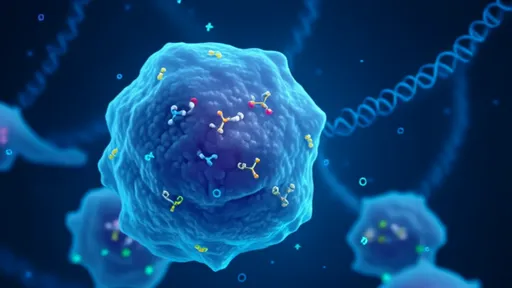
By /Jul 3, 2025
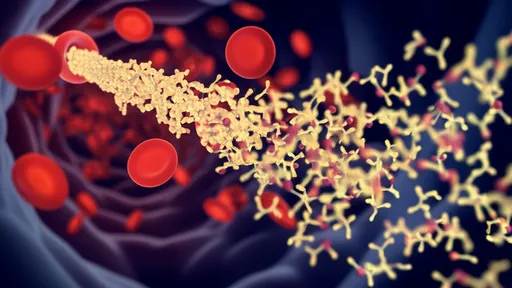
By /Jul 3, 2025
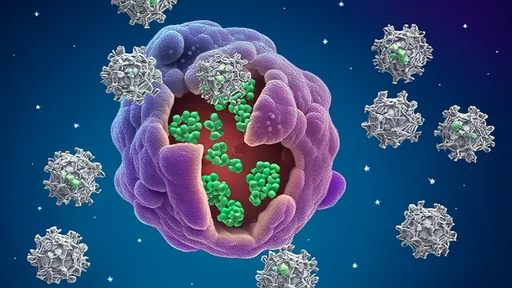
By /Jul 3, 2025
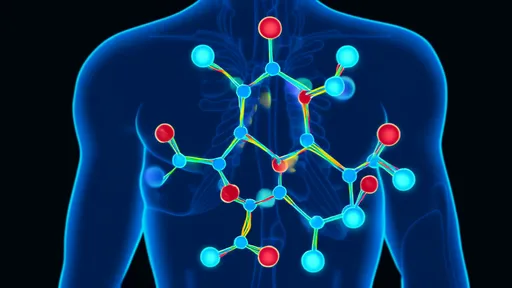
By /Jul 3, 2025
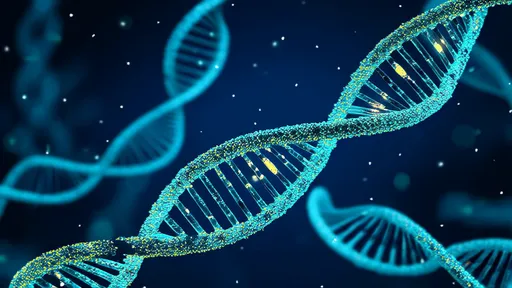
By /Jul 3, 2025
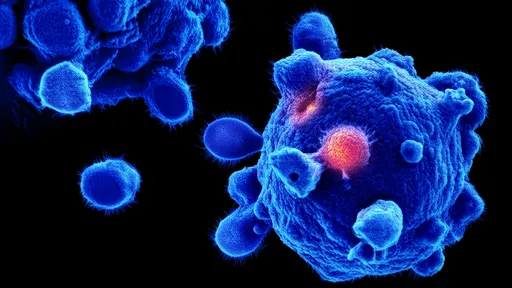
By /Jul 3, 2025
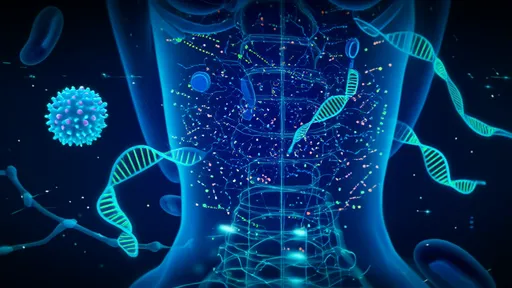
By /Jul 3, 2025
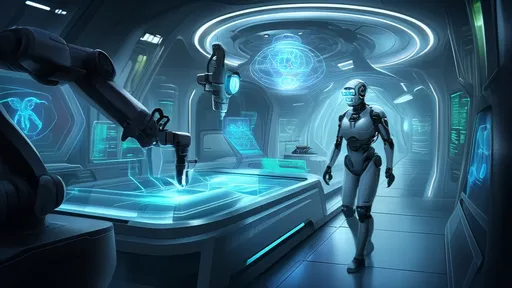
By /Jul 3, 2025
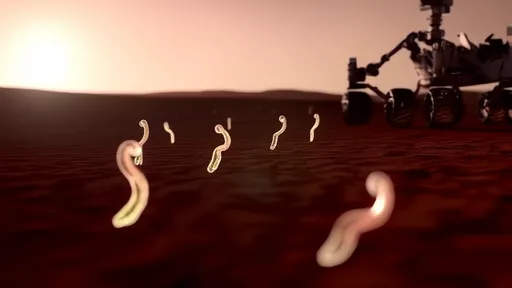
By /Jul 3, 2025
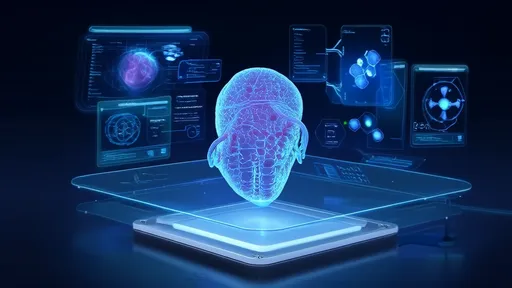
By /Jul 3, 2025

By /Jul 3, 2025
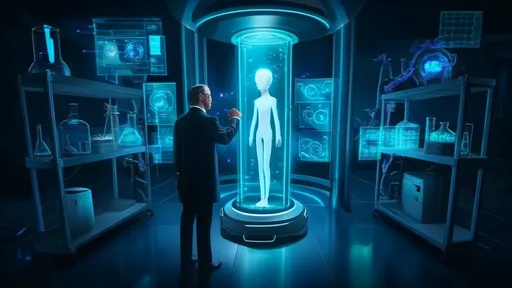
By /Jul 3, 2025

By /Jul 3, 2025
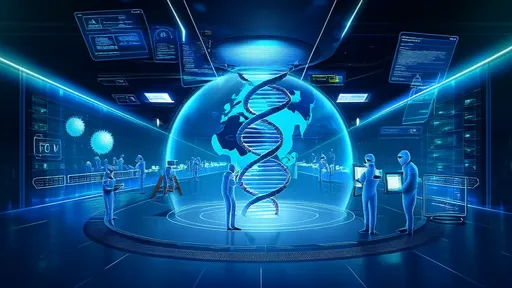
By /Jul 3, 2025
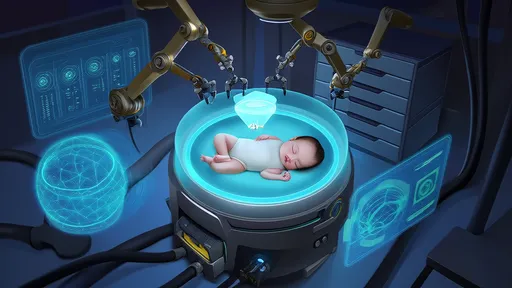
By /Jul 3, 2025
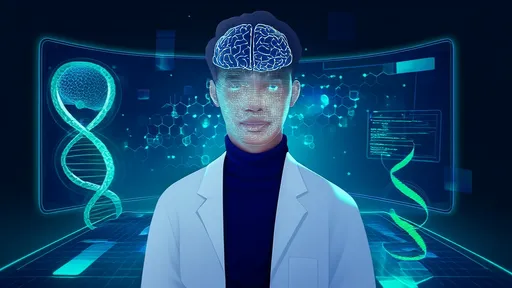
By /Jul 3, 2025
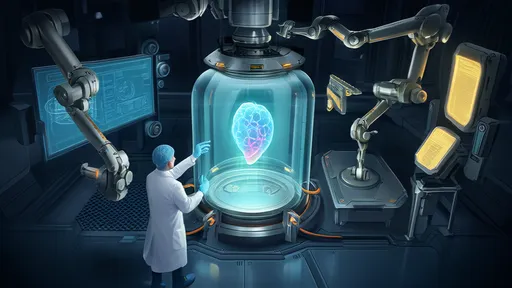
By /Jul 3, 2025
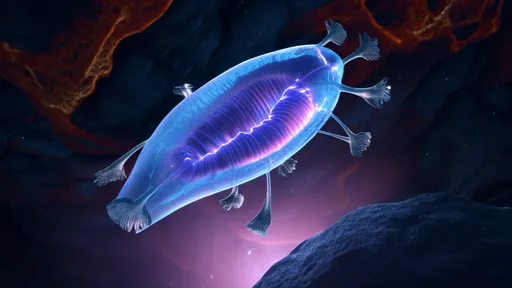
By /Jul 3, 2025
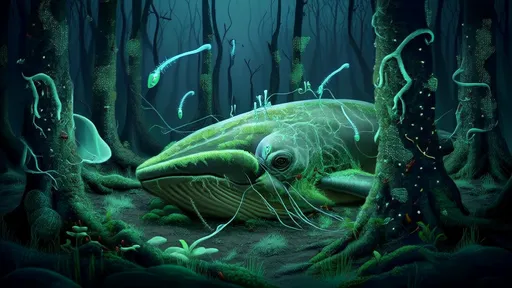
By /Jul 3, 2025
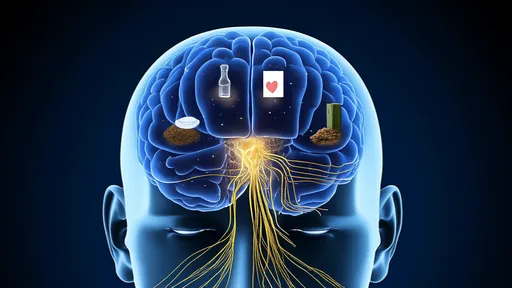
By /Jul 3, 2025